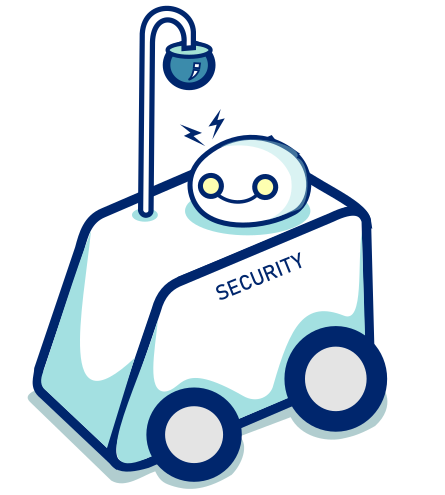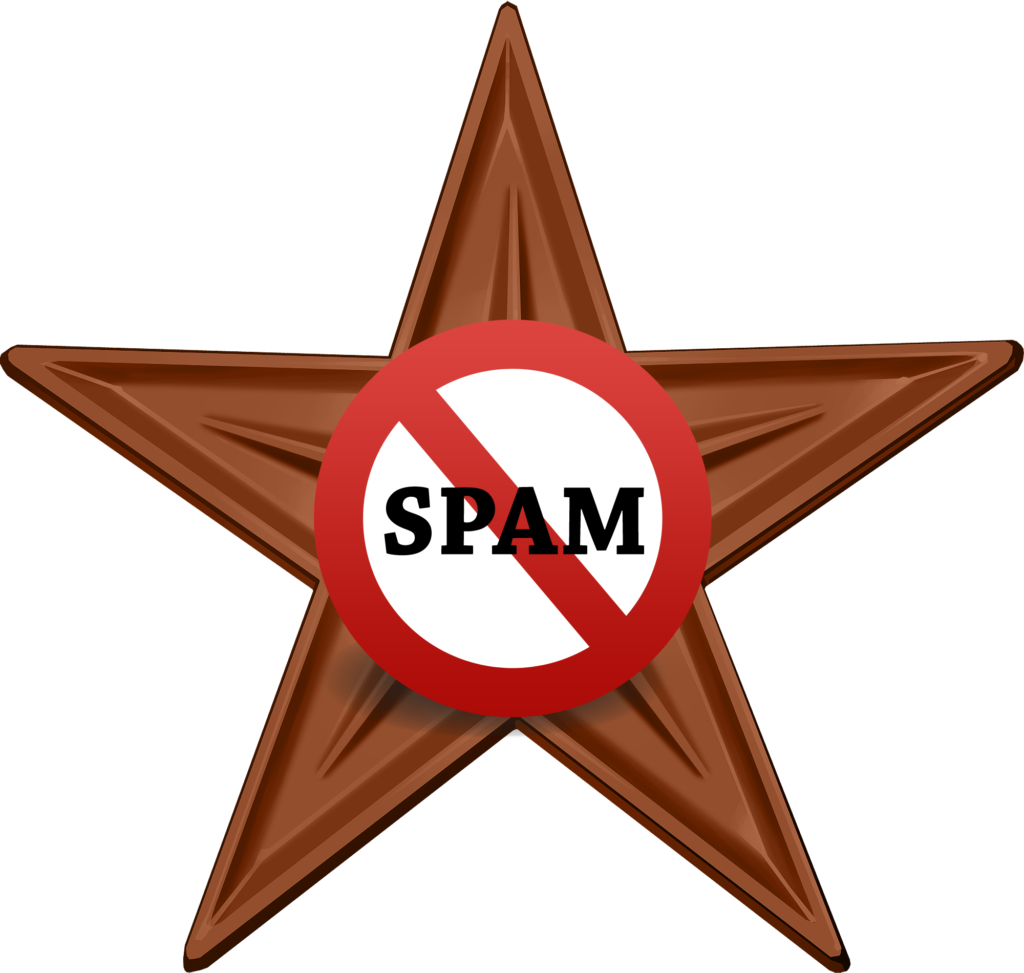Freelancer Wikipedia writers posing as Wikipedia consultants? Is the Wikipedia editor a “pro wiki editor”?
The first rule of being a consultant Wikipedia editor: don’t get caught.
James Lawrie – professional Wikipedia consultant at WikiNative.
Undisclosed paid editing on Wikipedia, when done correctly, should be impossible to detect. However, as I’ve said in my past blogs, freelancer Wikipedia editors still make school-boy errors. But how do freelancer Wikipedia slueths catch paid Wikipedia content writers? Do they use bots to detect professional Wikipedia editors? Or do they rely on human judgement? Let’s find out.
Undisclosed paid editing detection method number one: ORES
ORES is a machine learning service. It detects content damage on Wikipedia in the simplest of terms. The Wikimedia Scoring Platform team created the service and maintained it. It looks at edit quality and flags potentially damaging edits by paid Wikipedia editors. Subsequently, it is good at detecting low-level paid editing. However, it can’t catch a skilled Wikipedia consultant such as myself.
Undisclosed paid editing or Wikipedia consultant detection method number two: Checkuser
According to the official policy, a checkuser can,
“conduct oversight investigations into open proxies as well as IP addresses from which they have detected misleading or inaccurate information being presented as if it were from one party when in fact originating from another.”
A Wikipedia administrator can check an IP address and determine if a Wikipedia editor or a “pro wiki editor” is using it. In addition, they can use tools such as Traffic Equalizer for proxy detection. Although this method does not require consensus (for obvious reasons), Wikipedia administrators must receive permission from other admins. Right now, there are 54 active checkusers on the English Wikipedia. That means 54 strangers have access to your IP address information every time you log into Wikipedia.

Undisclosed paid editing or paid Wikipedia content writer detection method number three: Bots.
Bots are computer programs that automate specific tasks on Wikipedia. Editors can use them for various purposes, including detecting undisclosed paid editing. For example, the Bot Approval Group (BAG) committee approves bots for use on Wikipedia. The BAG has a bot-detection policy that “approved bots must implement mechanisms to deal with paid editing.” Wikipedia does not disclose these mechanisms. However, Wikipedia’s sleuths leave all options on the table. Including summary blocks.

One example includes Foundation & Empire, which states that all bots must “conform to the requirements of the Bot Policy and disclose their source code and any changes to it”. In addition, they must “not make unauthorized changes to articles; not vandalize articles; not use Wikipedia as a vehicle for spam or other advertising; and respect copyright.” As you can see, bots are a weapon in Wikipedia’s battle against freelance wiki writers.

Undisclosed paid editing Wikipedia consultant or freelancer Wikipedia detection method number four: An insidious human process
You may be wondering how Wikipedia editors detect undisclosed paid editing without the use of tools or bots. They have a time-honoured tradition called “snooping” used since Wikipedia’s launch in 2001. A snooper or sleuth visits a suspicious-looking article and checks the user pages of every contributor listed on the page. If there is any sign of a connection to the subject, then the sleuth will admonish the suspected editor. For example, let’s say you snoop an article titled “Coca-Cola” and see that user x is a Wikipedia freelancer or a Wikipedia consultant – meaning a freelancer Wikipedia content writer is one of the main contributors. Sometimes, the paid Wikipedia editor will be dumb enough to use their real name on their user page. Thus, it’s easy for Wikipedia’s sleuths to find out that they own a Wikipedia freelancing business.
Method for detecting freelancer Wikipedia editors number five: Pattern recognition
Undisclosed paid editors sometimes reveal themselves through patterns of behaviour rather than specific actions. For example, if someone constantly makes minor edits such as grammatical corrections, it could be because they are looking to cover their tracks. On the other hand, if someone is constantly making significant changes to articles, it’s more likely that they are a paid editor.
Another pattern that the sleuths can use for detection is “sock puppetry.” Sock puppetry is when an editor creates multiple accounts to make it appear as if there is more support for their position. Paid Wikipedia editors often do this to give the appearance of public consensus. However, WikiNative sockpuppetry is primarily a cyber security tool against the dirty snoopers mentioned above.
How is your average Wikipedia content writer affected?
So, how does Wikipedia detect undisclosed paid editing? It uses various methods, including bots, checkusers, and human snooping. Although each method has its weaknesses, they are still the best tools that we have available. Ultimately, it’s up to the individual Wikipedia editor to determine whether or not a paid editor has edited an article. If you have any questions, please book a one-hour consultation for £120. Thanks for reading.








